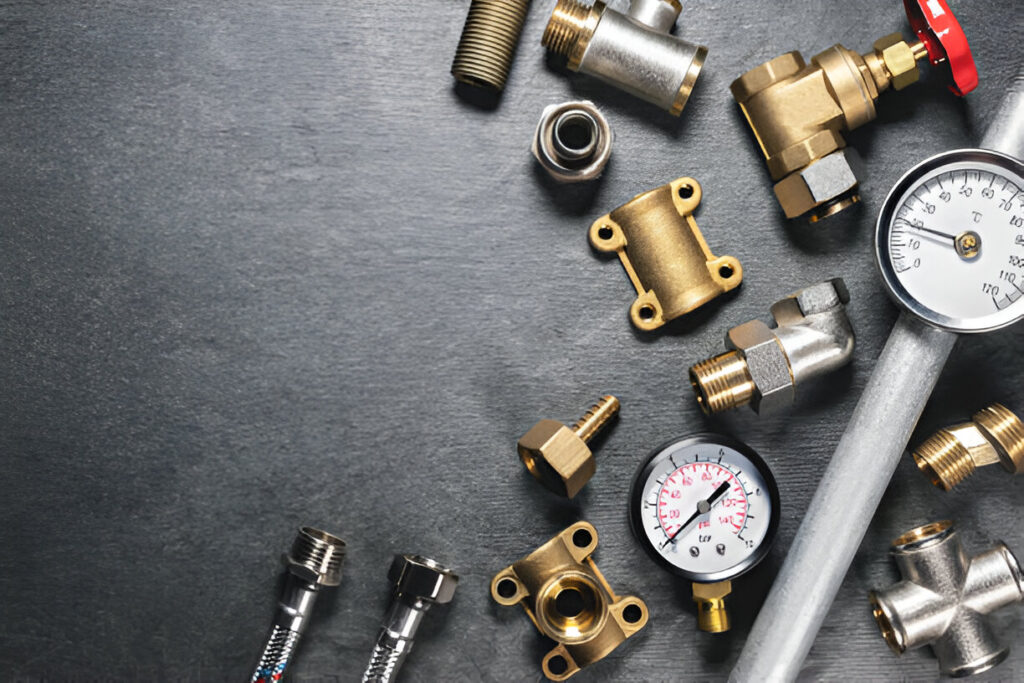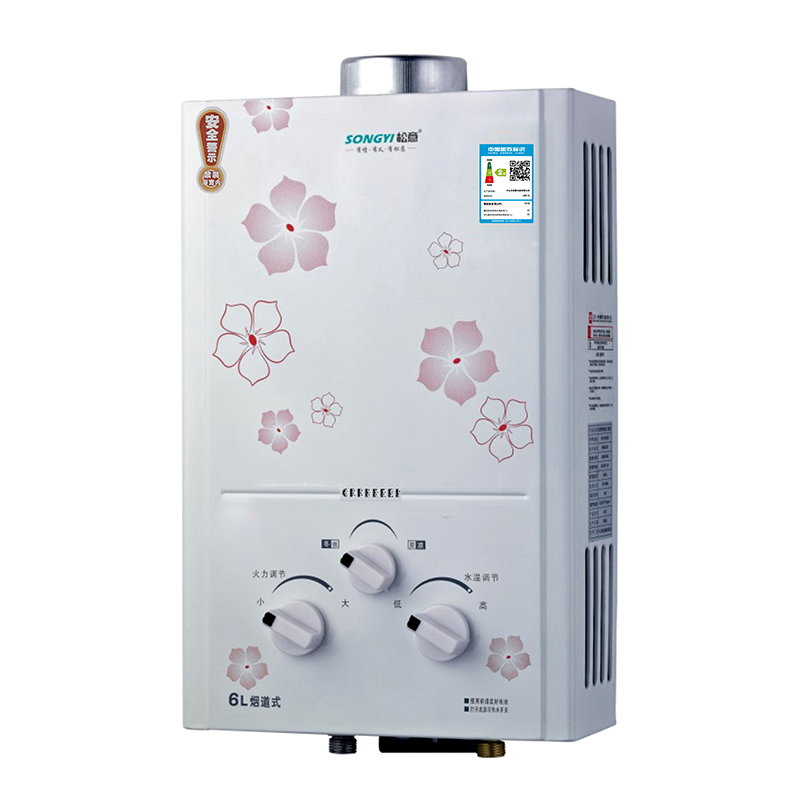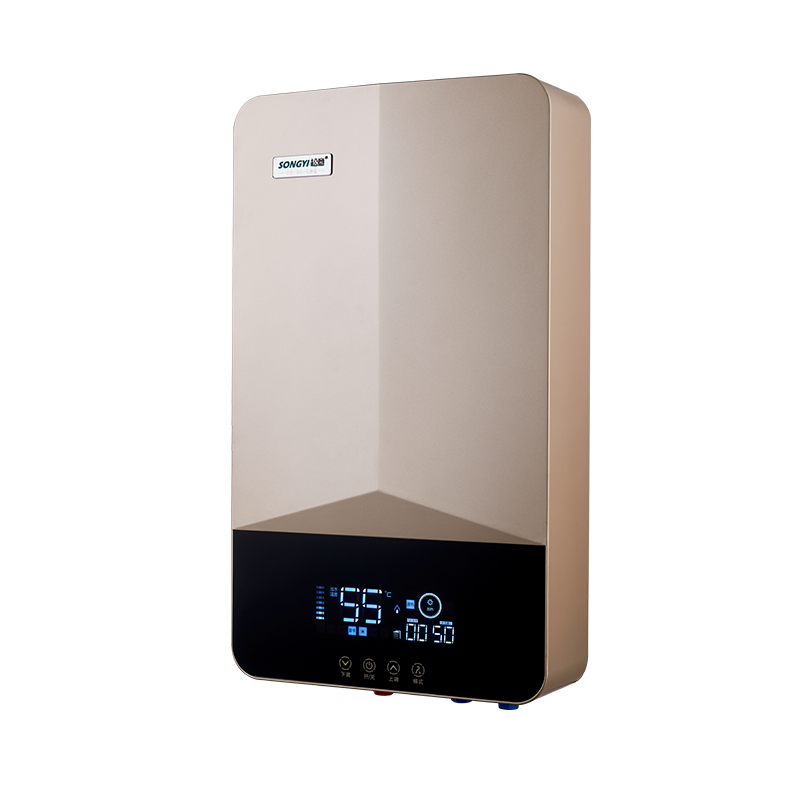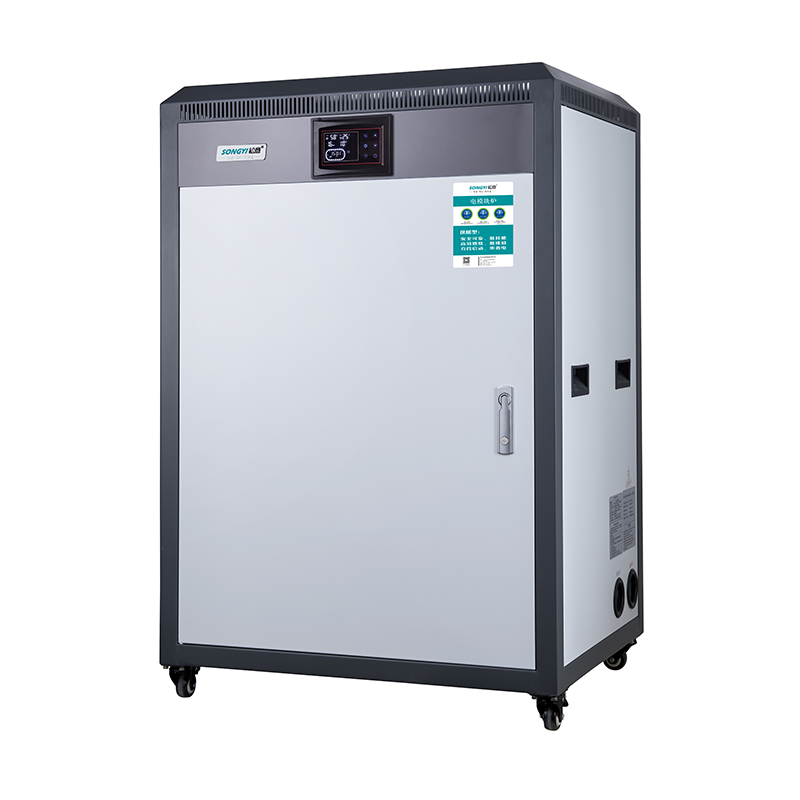Gas boilers play a crucial role in keeping homes warm and providing hot water. As integral components of heating systems, their efficiency and reliability are paramount to comfort, especially during colder months. However, like any complex mechanical system, gas boilers require regular maintenance to ensure they continue to function effectively. Over time, the various components that make up the boiler will wear out or become less efficient due to constant use, exposure to heat, and the buildup of minerals, grime, and other factors.
One of the most essential aspects of maintaining a gas boiler is ensuring that the right gas boiler parts and spares are used to replace faulty or worn-out components. Selecting high-quality and compatible parts ensures your boiler’s optimal performance and longevity. Furthermore, it prevents unnecessary breakdowns, costly repairs, or safety risks, such as leaks or malfunctions. Understanding which parts require attention, when to replace them, and how to select suitable spares can help homeowners extend the lifespan of their boilers and improve the overall heating efficiency of their homes.

In this detailed guide, we will explore the key components of gas boilers, provide valuable tips on identifying faulty parts, and discuss how to choose the right gas boiler parts and spares to maintain a safe and reliable heating system. Whether you are a homeowner looking to take control of your heating system or someone new to understanding the technicalities of gas boilers, this guide offers practical advice and answers to help you ensure the longevity and performance of your boiler.
How to Maintain Your Gas Boiler with the Right Gas Boiler Parts and Spares: A Comprehensive Guide
1. Importance of Gas Boiler Maintenance
Maintaining a gas boiler is critical for a variety of reasons. Regular maintenance ensures that the boiler continues to operate safely, efficiently, and without issues that could lead to costly repairs or even dangerous situations. Boilers that are not properly maintained can develop problems such as gas leaks, carbon monoxide buildup, or poor heating performance. These issues are not only inconvenient but could pose serious health and safety risks.
By properly maintaining your gas boiler, you can achieve several benefits:
- Improved Efficiency: A well-maintained boiler runs more efficiently, which can help reduce energy bills. Proper maintenance ensures that the system operates at its full potential.
- Longer Lifespan: Regular servicing and part replacements can significantly extend the life of your gas boiler, helping you avoid premature breakdowns and the need for a full replacement.
- Safety: Safety is perhaps the most important reason for maintaining your boiler. Ensuring that all components are working properly can prevent dangerous situations, such as gas leaks or carbon monoxide poisoning.
- Reduced Repair Costs: Regular maintenance helps identify and address potential problems early, preventing expensive repairs in the future. When parts are replaced before they break completely, you can avoid emergency repairs that often come with high costs.
2. Common Gas Boiler Parts and Their Functions
To effectively maintain your gas boiler, it’s essential to understand the parts that make up the system and how they work. Here are some of the most important components of a gas boiler that require attention during maintenance:
- Heat Exchanger: The heat exchanger transfers heat from the gas flame to the water that circulates in your heating system. Over time, heat exchangers can become clogged with limescale or debris, reducing their efficiency. It’s important to clean or replace the heat exchanger if it becomes damaged or inefficient.
- Burner: The burner is responsible for igniting the gas and creating heat. A faulty burner can cause the boiler to fail to ignite or operate inefficiently. Regular checks of the burner for soot buildup or wear and tear are important to avoid issues.
- Thermostat: The thermostat monitors and regulates the temperature of the water and the surrounding environment. If the thermostat is inaccurate or faulty, your boiler may not heat water to the correct temperature, wasting energy or causing inadequate heating.
- Pump: The pump circulates water through the boiler and the radiators. If the pump malfunctions or becomes clogged, your boiler won’t be able to deliver hot water effectively. Regular pump checks and cleaning can prevent these issues.
- Expansion Vessel: The expansion vessel absorbs the pressure changes in the system caused by heating the water. If the expansion vessel is faulty, it can cause the boiler to operate at dangerous pressure levels. Regular checks and replacements may be necessary for this component.
- Pressure Relief Valve: The pressure relief valve is a critical safety feature that prevents excessive pressure from building up inside the system. If the valve malfunctions, it could result in a dangerous build-up of pressure. It’s crucial to check the valve regularly and replace it when necessary.
- Gas Valve: The gas valve controls the flow of gas to the burner. If the gas valve becomes faulty, the boiler won’t ignite or could ignite intermittently. It’s essential to replace the gas valve if there’s any indication of malfunction.
3. Identifying Common Problems and Signs of Worn-Out Parts
Knowing when a part in your gas boiler needs replacing is essential to keeping your system running smoothly. While some minor issues can be fixed with simple maintenance, others may require a full replacement of components. Here are some common signs that indicate your gas boiler may need attention:
- No Heat or Hot Water: If your boiler isn’t providing hot water or heating, the cause could be a variety of issues, including a faulty heat exchanger, thermostat, or pump. Diagnosing the issue requires understanding the specific component that has failed.
- Low Pressure: If the pressure gauge on your boiler reads too low, there may be a leak in the system, a faulty pressure relief valve, or a problem with the expansion vessel. Low pressure can result in inadequate heating and poor hot water supply.
- Strange Noises: Unusual noises, such as banging, whistling, or gurgling, are often indicative of air trapped in the system, debris in the heat exchanger, or a malfunctioning pump. These noises should be addressed immediately to prevent further damage.
- Water Leaks: Leaking water around the boiler is often a sign of a problem with the heat exchanger, seals, or valves. It’s important to address water leaks quickly to prevent water damage and avoid further damage to your system.
- Foul Odors or Gas Smells: If you smell gas or burning odors around your boiler, this could be a sign of a serious gas leak or burner malfunction. Gas leaks should be treated as emergencies, and you should contact a professional heating engineer immediately.
4. Choosing the Right Gas Boiler Parts and Spares
When it comes to replacing parts in your gas boiler, selecting the right spares is crucial. Using the wrong parts can lead to inefficiency, system breakdowns, or even void the warranty of your boiler. Here are some tips for selecting the right gas boiler parts and spares:

- Genuine Parts: Always choose genuine parts made by the manufacturer or approved suppliers. Genuine parts are designed specifically for your boiler model, ensuring compatibility and long-term performance.
- Professional Advice: If you’re unsure about which parts to choose, it’s a good idea to consult a qualified heating engineer. They can help diagnose the issue and recommend the appropriate spares for your system.
- Manufacturer Specifications: Always refer to the manufacturer’s manual for your specific boiler model when purchasing parts. The manual will provide details on compatible parts and how to install them.
- Quality Over Cost: While it may be tempting to choose cheaper third-party parts, it’s important to prioritize quality. Low-quality spares can lead to more frequent breakdowns and may not perform as efficiently as the original parts.
5. DIY vs. Professional Maintenance and Repairs
While some basic maintenance tasks, such as bleeding radiators or checking the boiler pressure, can be done by homeowners, others require the expertise of a professional heating engineer. Here’s when you should attempt DIY maintenance and when to call in a professional:
- DIY Maintenance: Some simple tasks that you can do yourself include:
- Bleeding Radiators: This helps remove trapped air and improve heating efficiency.
- Checking Boiler Pressure: If the pressure is too low, you may be able to add water to the system.
- Cleaning the Condensate Pipe: Ensuring the condensate pipe is clear can help prevent blockages.
- Professional Maintenance: For more complex issues or repairs, you should always call a professional:
- Gas Valve or Burner Issues: Gas components require expert attention due to safety concerns.
- Faulty Thermostat or Pump: These components require special expertise for diagnosis and replacement.
- Leaks or Gas Smells: Any gas-related issue should be addressed immediately by a licensed professional.
6. Regular Servicing and Boiler Inspections
To keep your gas boiler in peak condition, it’s important to have it serviced annually by a certified heating engineer. Regular servicing helps identify potential issues before they become major problems and ensures that the boiler is operating safely and efficiently. A typical boiler service includes checking and cleaning components like the heat exchanger, burner, and flue, as well as testing the pressure and controls.
Conclusion:
Maintaining your gas boiler with the right gas boiler parts and spares is key to ensuring its efficiency, safety, and longevity. By understanding the essential components, recognizing signs of wear, and choosing high-quality replacement parts, you can extend the lifespan of your boiler and avoid costly repairs. Regular maintenance, professional servicing, and prompt part replacements are all part of keeping your boiler in optimal working condition. Taking care of your boiler not only enhances your home’s heating system but also ensures the comfort and safety of your family.





